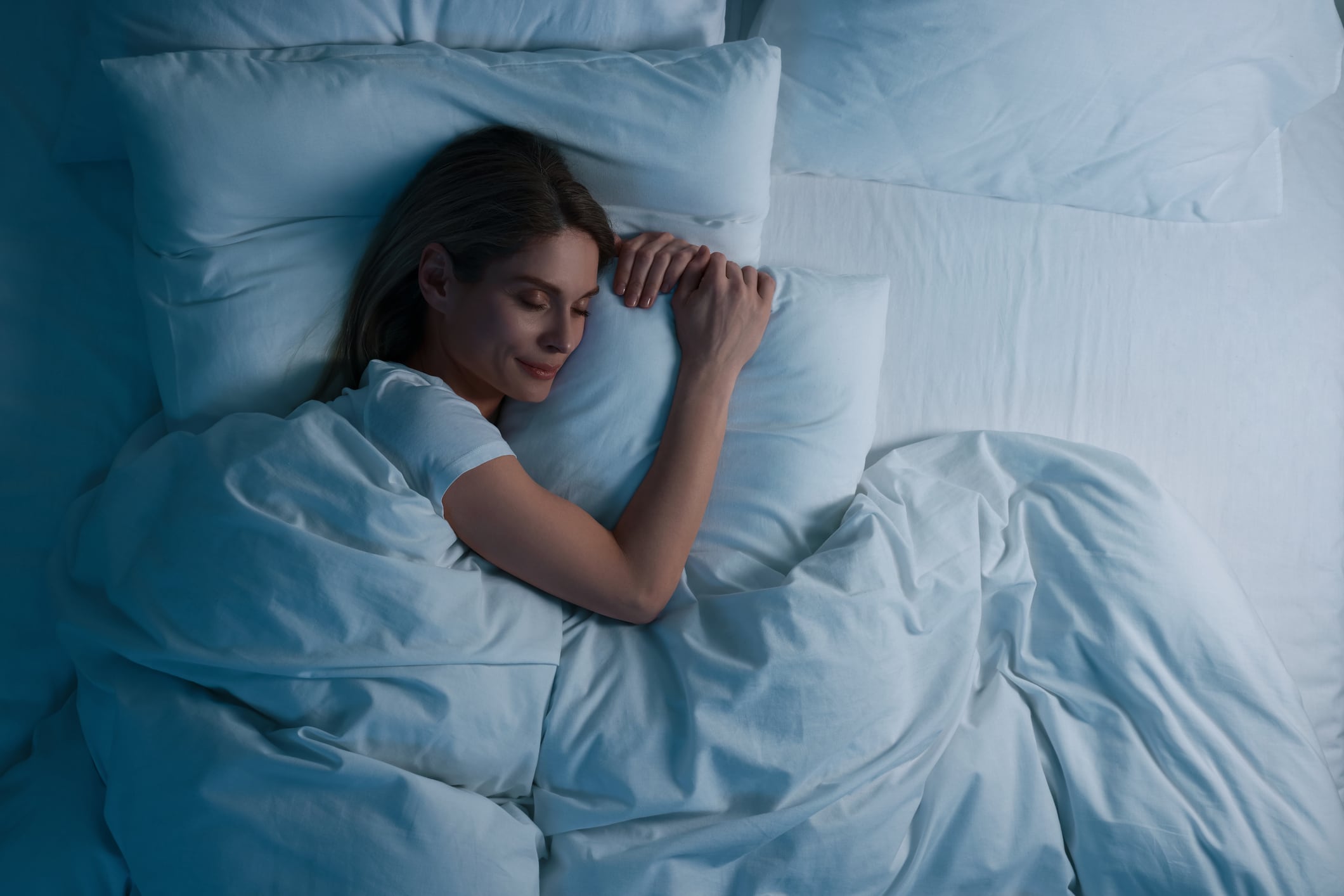The study, published in Frontiers in Nutrition, is the first to investigate the effects of L-theanine intake on gut health in humans, aiming to highlight the bidirectional relationship between sleep and the gut microbiota.
Specifically, the researchers observed significant changes in the abundance of specific microbes, such as Blautia and Holdemania, in the supplemented group, suggesting that the intake of Lactium and L-theanine may influence changes in microbial balance.
“Our study represents one of the first attempts to explore this potential health benefit in participants, building on preliminary findings from animal models," the Korean authors wrote. “This suggests that the consumption of sleep-promoting agents may modulate the gut microbiome, indicating a potentially beneficial role of Lactium and L-theanine in promoting better sleep.”
Study details
Forty participants (38 women and two men) experiencing sleep discomfort were enrolled in a double-blind, randomized, controlled trial, wherein they ingested the combination of Lactium and L-theanine (LTC-022) or a placebo orally for eight weeks.
The average ages of participants were 48.2 and 47.4 years in the LTC-022 and control groups, respectively.
Participants were instructed to ingest one packet containing two placebo tablets or one Lactium tablet and one L-theanine tablet (supplied by Chronic Kidney Disease Healthcare Group, Korea) per day with water one hour before bed.
The effects of treatment on sleep quality were assessed using the Pittsburgh Sleep Quality Index and Insomnia Severity Index.
Various parameters were evaluated, including the time in bed (TIB), total sleep time (TST), sleep onset latency (SOL, meaning time to fall asleep), sleep efficiency (SE), wake after sleep onset (WASO) counts and bedtime. These parameters were derived from daily sleep logs recorded over the eight-week study period, categorized into weekdays and weekends. Stool samples were analyzed for microbiome composition.
The V4 region of bacterial 16S rRNA genes was amplified using specific primers (515F and 806R) and targeted for analysis. Microbial diversity, including operational taxonomic units, the Shannon and Chao indices, the Firmicutes/Bacteroidetes (F/B) ratio and the variety of bacterial taxa, was assessed.
While the supplemented group saw improved sleep quality and insomnia symptoms, similar trends were observed in both groups, with no significant difference between them.
However, WASO counts, total sleep time, sleep efficiency and time to fall asleep all improved and bedtimes were earlier in the LTC-022 group compared to the placebo group.
Microbial changes
Microbiome analysis revealed that the abundance of the genera Blautia (previously reported to increase with better sleep quality) and Ruminococcus increased in fecal samples in the LTC-022 group.
Additionally, Holdemania, a microbe negatively correlated with sleep, showed was significantly reduced in the supplemented group.
The team also observed a tendency for a higher F/B ratio in the LTC-022 group, which is known to be positively correlated with sleep quality, seemingly because of a greater relative abundance of Blautia and Ruminococcus (Firmicutes) and lower proportions of Prevotella (Bacteroidetes) in individuals with superior sleep quality.
“These results suggest that continuous LTC-022 intake has a beneficial effect on maintaining sleep duration and an appropriate bedtime,” the researchers concluded. “Additionally, changes in the gut microbiota may be linked to changes in sleep patterns resulting from the consumption of Lactium and L-theanine.”
Noting a key limitation of the study, the authors suggested that future studies in this area use non-biased methods of sleep quantification such as wearable activity trackers. They added that further research may benefit from restricting the intake of dietary components that could influence the gut microbiome, such as probiotics, to assess changes in the gut microbiome more accurately.
Source: Frontiers in Nutrition
doi: 10.3389/fnut.2024.1419978
“Dietary supplementation with Lactium and L-theanine alleviates sleep disturbance in adults: a double-blind, randomized, placebo-controlled clinical study”
Authors: Lim SE et al.


